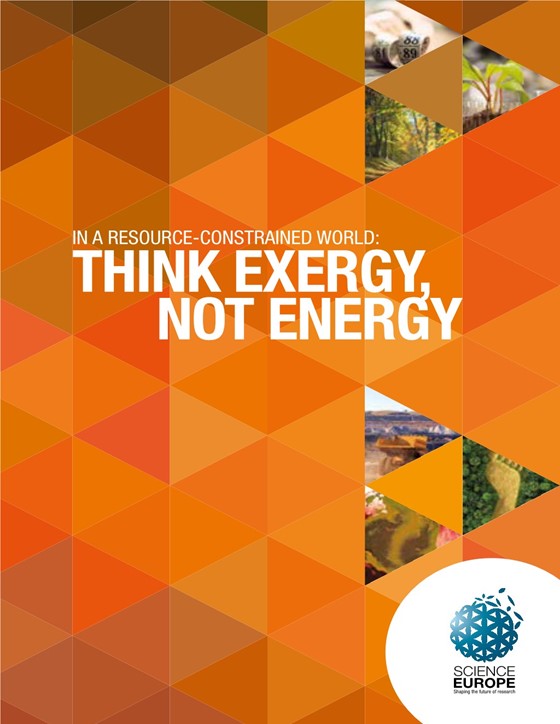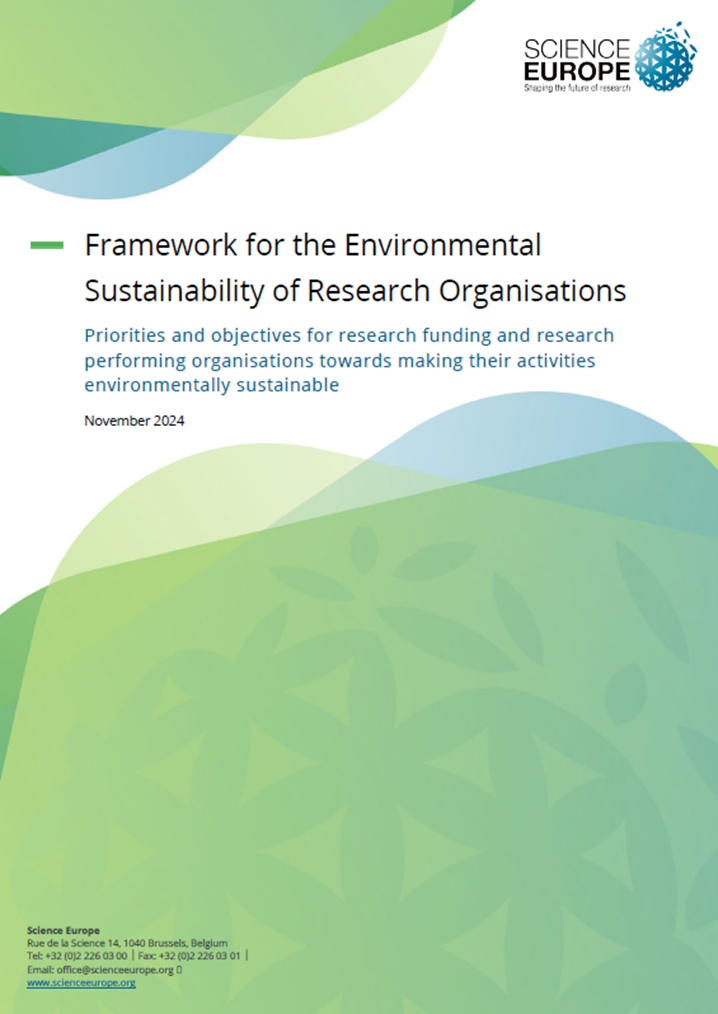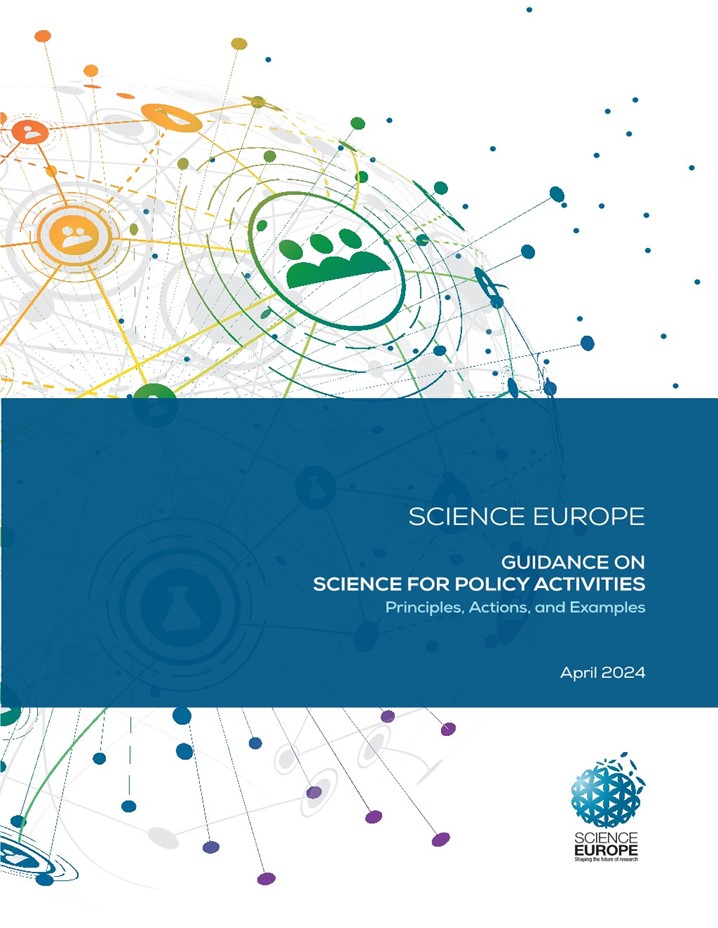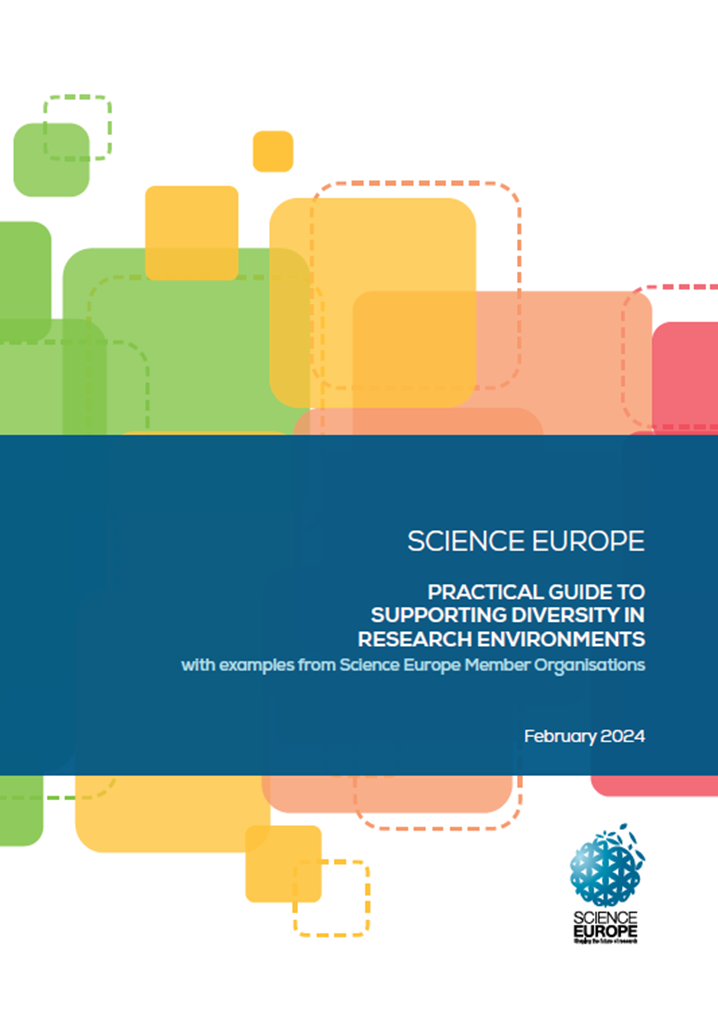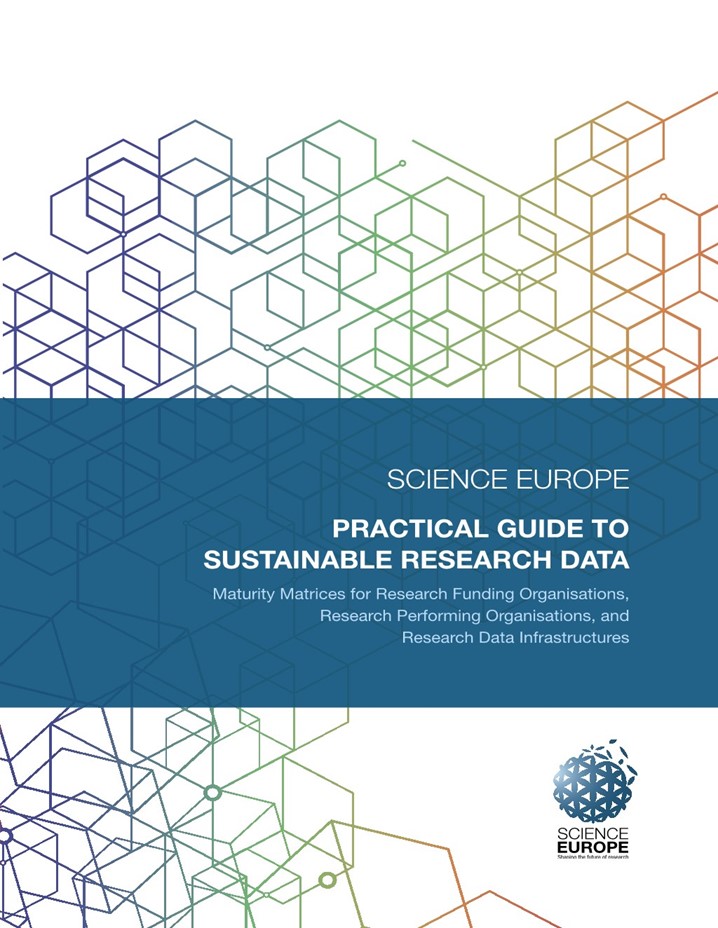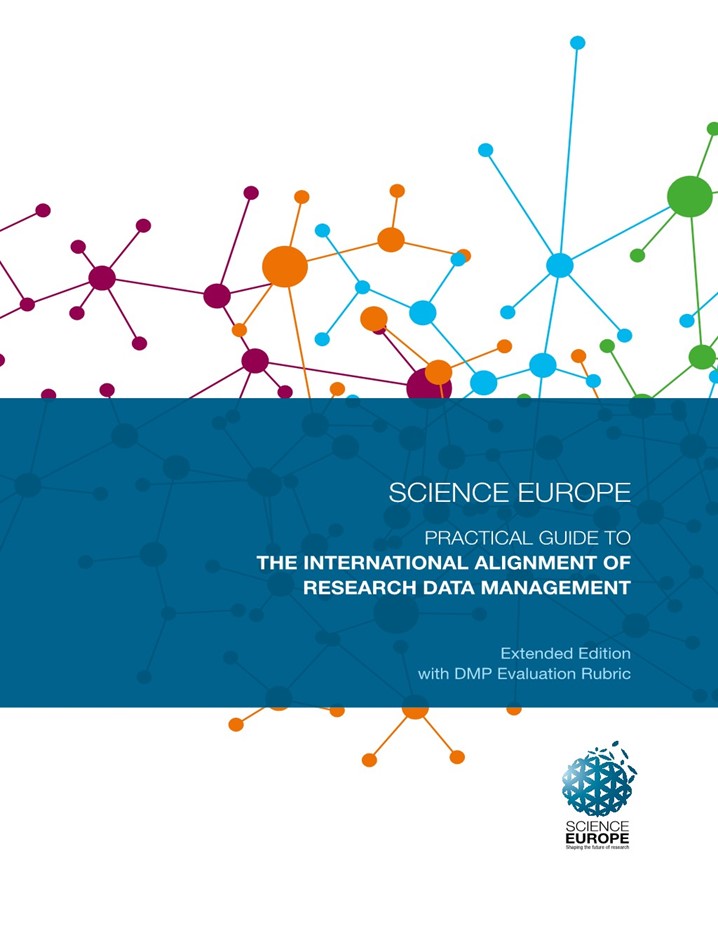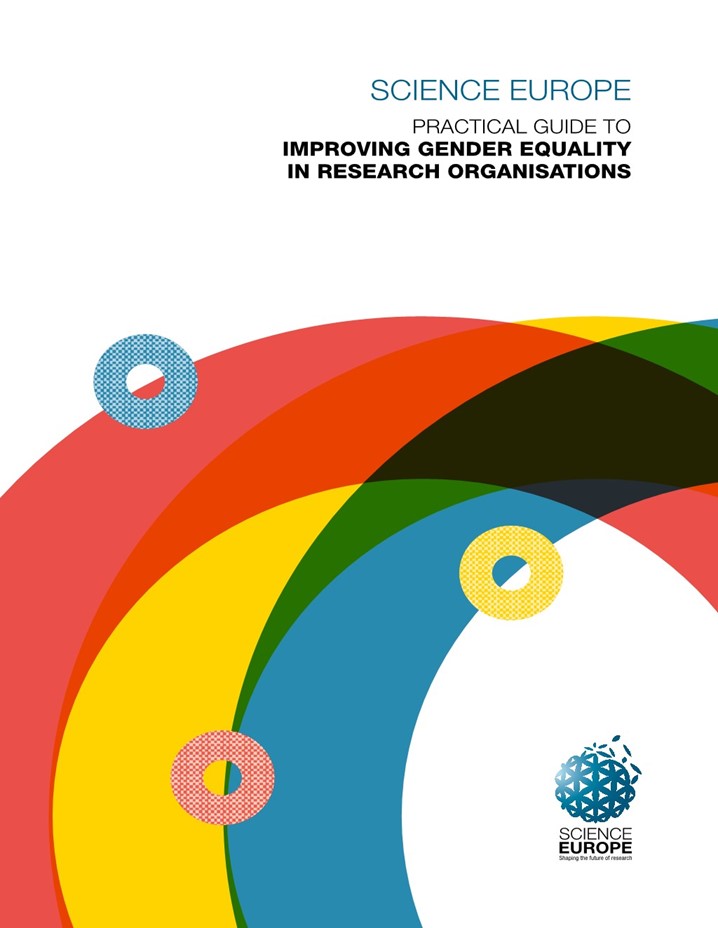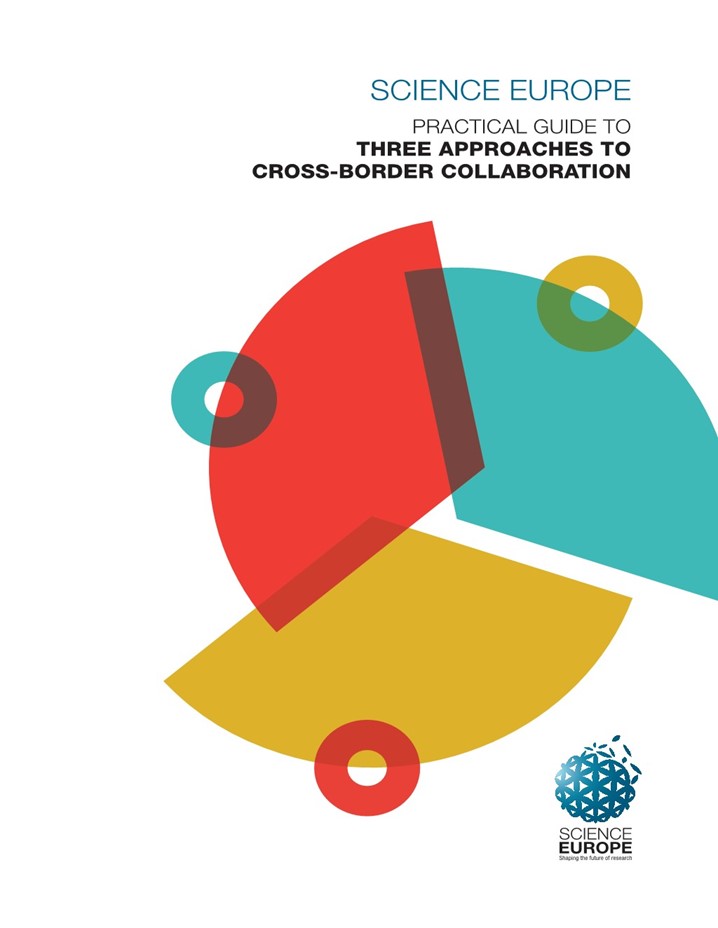Member-only content is available on this page. Please log in to view this content.
- Download
-
Share on
In a Resource-constrained World: Think Exergy, not Energy
When we think about energy, we consider it in terms of quantity. However, in a resource-constrained world, energy and in particular its efficiency, must also be appreciated from the point of view of quality, which is its ability to do work. In order to include the quality and not just the quantity of energy, we need to measure ‘exergy’. This brochure introduces the concept of exergy and provides examples of its application.
Download resourceRelated content
Framework for the Environmental Sustainability of Research Organisations
The present Framework introduces strategic directions for Science Europe Member Organisations to share practices and coordinate efforts. In addition to leading by example, the objective is to achieve systemic change – pursuing environmental sustainability of research organisations’ activities – including mitigating climate impacts. Other important questions, such as funding for research on sustainability, as well as the economic and social dimensions of sustainability, fall outside of the scope of this Framework and may be the subject of future actions.
Guidance on Science for Policy Activities
Science can and should support policy- and decision makers by providing rigorous evidence to increase understanding of problems and assess available options. This guidance aims to support the development of 'Science for Policy' activities in research organisations.
Practical Guide to Supporting Diversity in Research Environments
Science Europe’s new ‘Practical Guide to Supporting Diversity in Research Environments’ highlights key findings from a membership survey conducted in 2023, showcases good practices, and provides practical recommendations across topics such as positive action measures and the collection and use of diversity data.
Practical Guide to Sustainable Research Data
This Practical Guide provides guidance to ensure the long-term preservation and accessibility of research data. Three complementary maturity matrices provide funders, performers, and data infrastructures with a way to create a common understanding of the approaches needed.
Practical Guide to the International Alignment of Research Data Management - Extended Edition
Developed by experts from Science Europe Member Organisations, this guide aims to align research data management (RDM) requirements across research organisations. Originally released in 2019, it was updated in January 2021 to include guidance to support the evaluation of data management plans (DMPs).
Practical Guide to Improving Gender Equality in Research Organisations
Research organisations have a crucially important role to play in addressing gender inequality; not only for the benefit of their own ecosystem, but to contribute to progress in wider society. This practical guide sets out good practice examples and guides the further development of context specific approaches including how to avoid unconscious bias in peer review processes, how to monitor gender equality, and how to improve grant management practises.
Practical Guide to Three Approaches to Cross-border Collaboration
In a globalised research ecosystem, collaboration is key. This collaboration also brings challenges linked to the diversity of scientific and legal environments. The aim of this practical guide is to provide better and more efficient means for research organisations to apply a set of optional models for cross-border collaboration and to help them achieve more successful and easier implementation.

